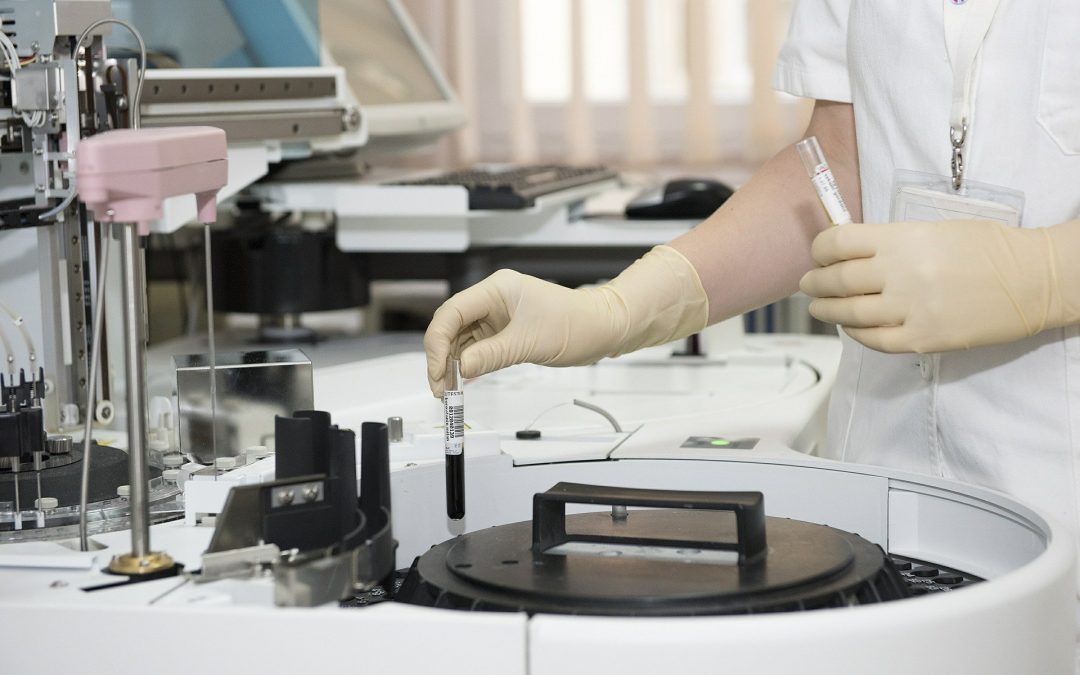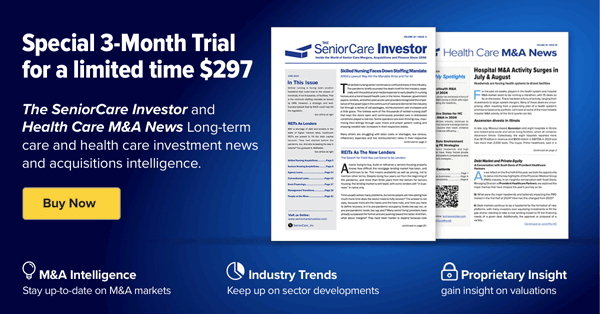Last year was not kind to contract research organizations (CROs). CROs typically provide discovery and development services to companies in the Medical Device, Pharmaceutical and Biotechnology sectors, conducting clinical trials and providing a wealth of R&D support.
Demand for their services have seen a gradual rise over the last decade for a variety of reasons. An increasing number of start-ups have popped up in the Biotechnology sector, and they don’t have the resources or infrastructure that major players would have to oversee the complex R&D needed to bring a drug to market, so they often outsource much of that task to CROs. Second, big pharma and biotech are increasingly chasing after therapeutics for rare diseases with unmet medical needs, and therefore need specialized, niche R&D capabilities, which CROs can provide. According to a report by Grandview Research, the CRO market could hit a value of $66.1 billion by 2028. We label them under the Other Services sector, but they are major players in the life sciences industry.
Due to the nature of the services they provide, the Covid-19 pandemic threw a wrench into the market. Early on in the pandemic, social distancing guidelines and safety measures forced CROs to hit pause on clinical trials and research. Companies such as ICON Plc (NASDAQ: ICLR) and IQVIA Holdings Inc. (NYSE:IQV), suffered a drop in quarterly revenues in the middle of the pandemic. The pandemic took a toll on the M&A market as well. In 2019, 12% of all deals in the Other Services sector targeted CROs, but only 7% in 2020.
However, the healthcare M&A market seems to have rebounded, with nine deal announcements for CROs through the first two months of 2021. Annualized, that means deals targeting CROs could hit near 20% of deals in the Other Services sector by the end of 2021 at this pace.
Private equity has fueled much of the deal volume, as PE firms look to build platforms and consolidate the market. Caprion-HistoGeneX, a portfolio company of Arsenal Capital Partners, announced two deals in the first half of January. First, the company bought Clinical Logistics, a virtual central specimen management CRO. Its services include logistics and kitting for pharmacokinetic/pharmacodynamic and pharmacogenomics biomarkers. Then Caprion added Mosaic Laboratories, which offers histology and immunohistochemistry services to global pharmaceutical clients. Altasciences, a portfolio company of Audax Private Equity, acquired WCCT Global in February, an early stage CRO that has conducted more than 1,000 Phase I-IV studies.
Further, the CRO megamerger has returned as well; in late February, ICON Plc announced the acquisition of PRA Health Sciences, Inc. (NASDAQ: PRAH). The deal is valued at $12 billion, with the per share merger consideration consisting of $80 in cash and 0.4125 shares of ICON stock. The consideration represents an approximately 30% premium to PRA’s closing price as of February 23, 2021. The transaction value comes out to around 3.77x revenue and 20.2x EBITDA, annualized.
The merger is one of the largest deals in the CRO market in a long time, at least based on disclosed price. The closest one in recent memory was Hellman & Friedman LLC’s purchase of a majority stake in Pharmaceutical Product Development in 2017 for $9.05 billion from The Carlyle Group.
PRA is one of the world’s leading global contract research organizations by revenue, providing outsourced clinical development and data solution services to the biotechnology and pharmaceutical industries. PRA’s global clinical development platform includes more than 75 offices across North America, Europe, Asia, Latin America, Africa, Australia and the Middle East and approximately 19,000 employees worldwide. Since 2000, PRA has participated in approximately 4,000 clinical trials worldwide. PRA shareholders will own approximately 34% of the shares of the combined company and ICON shareholders will own approximately 66%.
The transaction is anticipated to be highly accretive, delivering double-digit accretion in the first full year and growing to more than 20% thereafter, driven by growth momentum, estimated annual run-rate cost synergies of $150 million, and the combined effective tax rate decreasing to 14%, both to be realized in approximately four years.
This deal is important because it represents a critical shift that CROs will have to make in order to remain competitive. PRA has a robust decentralized platform for clinical trials, including mobile and digital platforms that enable trial subjects to enter medical information on their smartphones, easing the burden of data collection on study managers.
The move to a virtual trial format might be a necessary response to the Covid-19 pandemic, but it allows CROs and their staff to recruit a diverse pool of participants for trials. Instead of just relying on volunteers locally, the virtual platform gives the companies a much wider reach, perhaps even internationally.


